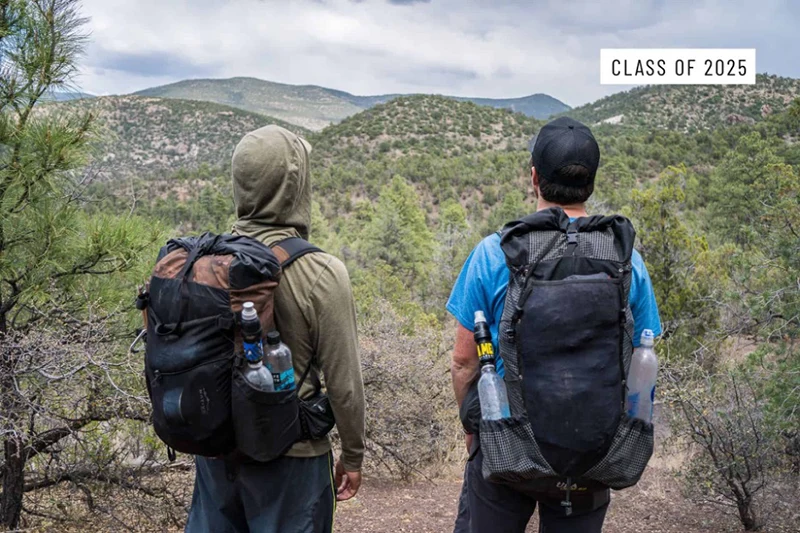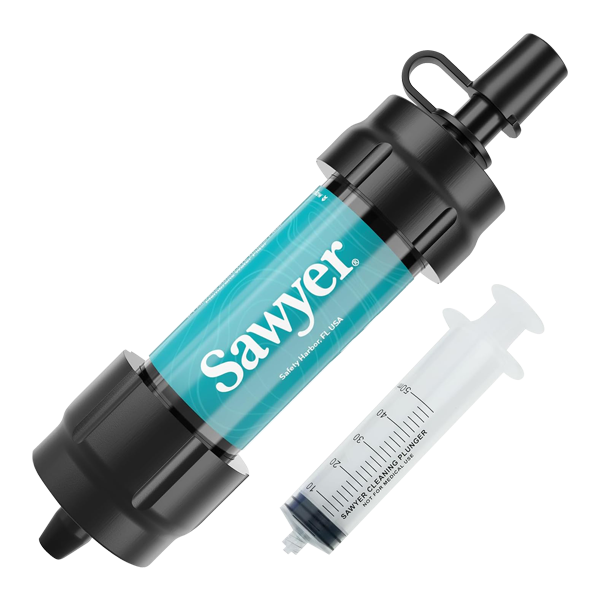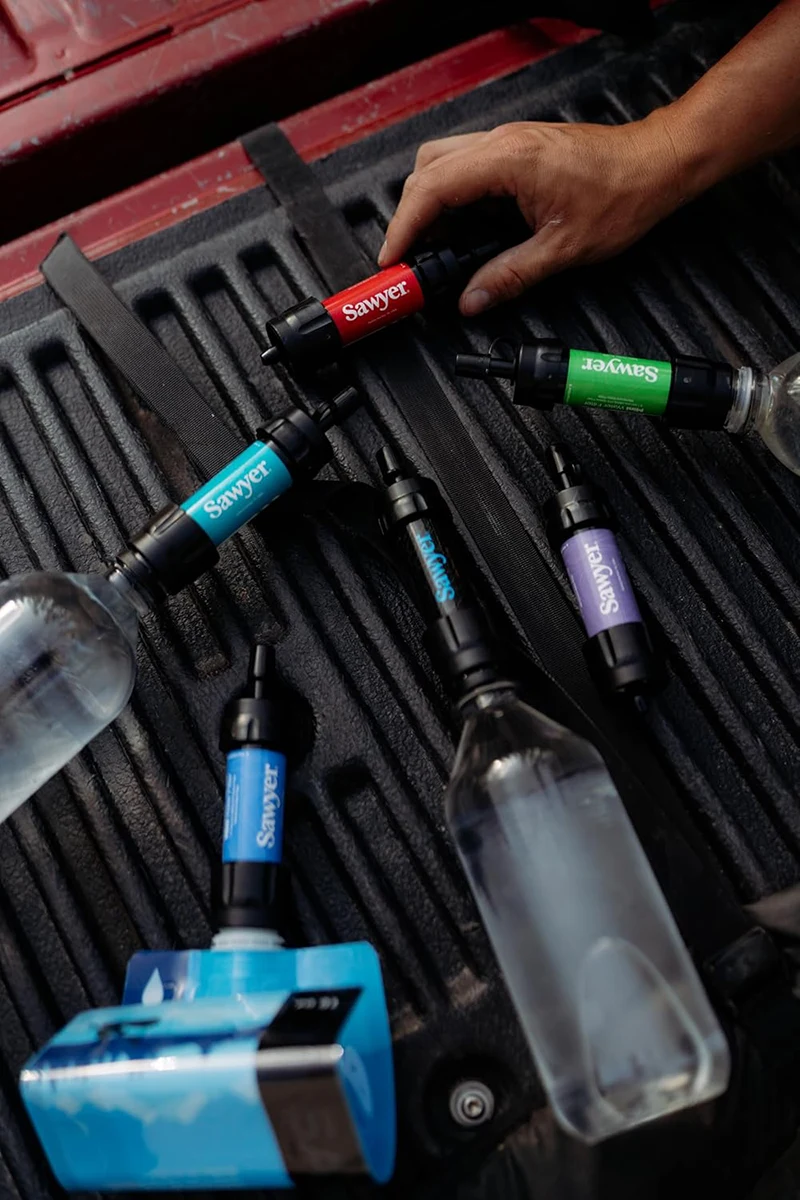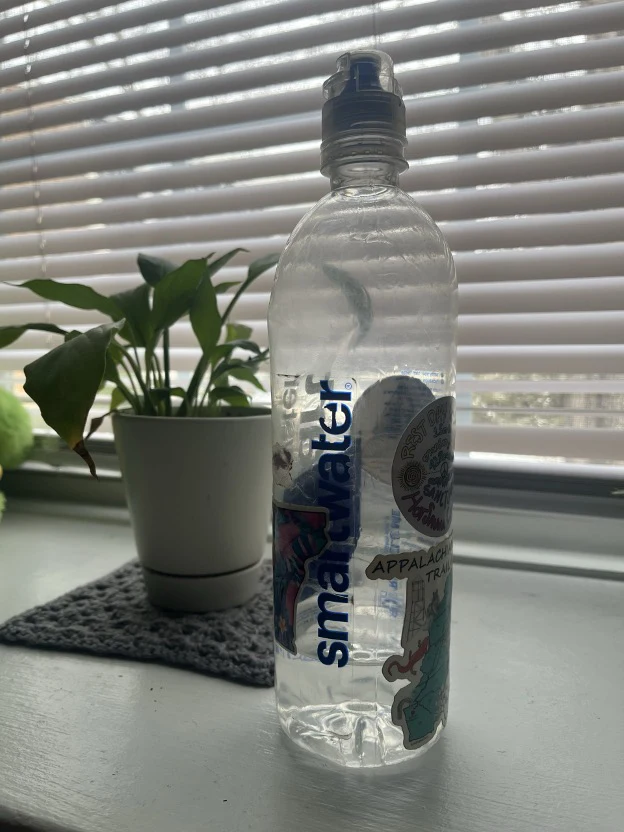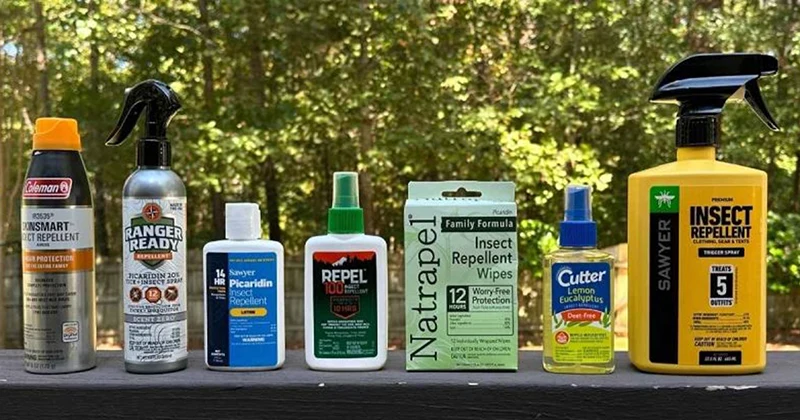Les nouvelles de Big Sandy : Un groupe à but non lucratif fournit des systèmes de filtration d'eau aux victimes des inondations
Les nouvelles de Big Sandy : Un groupe à but non lucratif fournit des systèmes de filtration d'eau aux victimes des inondations

Les nouvelles de Big Sandy : Un groupe à but non lucratif fournit des systèmes de filtration d'eau aux victimes des inondations
YouTube video highlight
Water With Blessings, a non-profit organization based in Louisville, is providing 2,500 water filtration systems for free to people in the flood-impacted
Read more about the projectNon-profit group provides water filtration systems to flood victims
By Jonathan Picklesimer BSN Contributing Writer
Water With Blessings, a non-profit organization based in Louisville, is providing 2,500 water filtration systems for free to people in the flood-impacted areas of Eastern Kentucky.
In 2011, Sister Larraine Lauter started the nonprofit to help provide a reliable method of providing clean water to communities in areas of the world that do not have access to clean water sources. In the last 11 years, Water With Blessings has worked with over 151,000 women in 49 countries to provide a clean water resource in their communities. One focus area of their work is providing clean water sources in disaster areas, such as the communities impacted by the flooding in Southeastern Kentucky.
The recent floods have compromised municipal water systems, wells, and springs. Flood water introduces a wide variety of bacteria, protozoa, parasites, and other biological contaminants into otherwise safe water sources. These contaminants can lead to illness such as Legionnaires disease and cholera.
“We all need clean water to live healthy lives,” said Kassi Marshall, M.D., a resident of Knott County. “Unsafe water for drinking, cooking, and cleaning can have long lasting health effects.”
Through a friend, Marshall was directed to Water With Blessings as a resource for addressing contaminated water sources, including her own.
“At home, we are blessed that our municipal water service was not destroyed,” she said. “We are under a boil advisory, and did lose our gas supply. So, we don’t have a method for purifying our own water.”
Marshall helped build a partnership between the Chavies First Church of God in Chavies with Water With Blessings. Now, over 200 water filtration systems have been distributed in Perry and Knott counties. Water With Blessing plans to distribute 2300 more systems in the area.
Water With Blessings provides a 5-gallon bucket with medical grade tubing, a Sawyer PointONE water filter, and cleaning syringe at no charge to people needing water. You fill the bucket with water and gravity pulls the water through the filter. This system filters out any biological contaminants larger that 0.1 microns from any water source producing 99.9999% pure water. With minimal maintenance, the system can filter 3,000,000 gallons of water. The filter processes 5 gallons of water in half an hour. Filtration rates can vary based on the sediment in the water. Backflushing the filter, forcing clean water through the filter backwards with the provided syringe, cleans the system and restores flow rate. Sawyer systems filters have been used by campers, hikers, and the military for years to provide safe drinking water. Because of the filtration rate, one system may provide clean water to multiple families.
As part of the distribution process, volunteers teach users how to clean the Sawyer filter and maintain the system. They also filter water from locally available sources.
“So far we have filtered and drank water from the North Fork of the Kentucky River, Troublesome Creek, Lott’s Creek, and Lost Creek, and it all tastes the same,” Marshall said. “As a doctor, a self-professed germaphobe, and a mom, I would rather my children drink this filtered water than bottled water.”
For information about training and distribution of the water filtration systems, contact the Chavies First Church of God at https://www.chaviesfirstchurch.org, or the Water With Blessings Facebook Page, www.facebook.com/waterwithblessings. For more information about Water With Blessings or to support their work, visit www.waterwithblessings.org.
Les nouvelles de Big Sandy : Un groupe à but non lucratif fournit des systèmes de filtration d'eau aux victimes des inondations


Non-profit group provides water filtration systems to flood victims
By Jonathan Picklesimer BSN Contributing Writer
Water With Blessings, a non-profit organization based in Louisville, is providing 2,500 water filtration systems for free to people in the flood-impacted areas of Eastern Kentucky.
In 2011, Sister Larraine Lauter started the nonprofit to help provide a reliable method of providing clean water to communities in areas of the world that do not have access to clean water sources. In the last 11 years, Water With Blessings has worked with over 151,000 women in 49 countries to provide a clean water resource in their communities. One focus area of their work is providing clean water sources in disaster areas, such as the communities impacted by the flooding in Southeastern Kentucky.
The recent floods have compromised municipal water systems, wells, and springs. Flood water introduces a wide variety of bacteria, protozoa, parasites, and other biological contaminants into otherwise safe water sources. These contaminants can lead to illness such as Legionnaires disease and cholera.
“We all need clean water to live healthy lives,” said Kassi Marshall, M.D., a resident of Knott County. “Unsafe water for drinking, cooking, and cleaning can have long lasting health effects.”
Through a friend, Marshall was directed to Water With Blessings as a resource for addressing contaminated water sources, including her own.
“At home, we are blessed that our municipal water service was not destroyed,” she said. “We are under a boil advisory, and did lose our gas supply. So, we don’t have a method for purifying our own water.”
Marshall helped build a partnership between the Chavies First Church of God in Chavies with Water With Blessings. Now, over 200 water filtration systems have been distributed in Perry and Knott counties. Water With Blessing plans to distribute 2300 more systems in the area.
Water With Blessings provides a 5-gallon bucket with medical grade tubing, a Sawyer PointONE water filter, and cleaning syringe at no charge to people needing water. You fill the bucket with water and gravity pulls the water through the filter. This system filters out any biological contaminants larger that 0.1 microns from any water source producing 99.9999% pure water. With minimal maintenance, the system can filter 3,000,000 gallons of water. The filter processes 5 gallons of water in half an hour. Filtration rates can vary based on the sediment in the water. Backflushing the filter, forcing clean water through the filter backwards with the provided syringe, cleans the system and restores flow rate. Sawyer systems filters have been used by campers, hikers, and the military for years to provide safe drinking water. Because of the filtration rate, one system may provide clean water to multiple families.
As part of the distribution process, volunteers teach users how to clean the Sawyer filter and maintain the system. They also filter water from locally available sources.
“So far we have filtered and drank water from the North Fork of the Kentucky River, Troublesome Creek, Lott’s Creek, and Lost Creek, and it all tastes the same,” Marshall said. “As a doctor, a self-professed germaphobe, and a mom, I would rather my children drink this filtered water than bottled water.”
For information about training and distribution of the water filtration systems, contact the Chavies First Church of God at https://www.chaviesfirstchurch.org, or the Water With Blessings Facebook Page, www.facebook.com/waterwithblessings. For more information about Water With Blessings or to support their work, visit www.waterwithblessings.org.
Les nouvelles de Big Sandy : Un groupe à but non lucratif fournit des systèmes de filtration d'eau aux victimes des inondations


Non-profit group provides water filtration systems to flood victims
By Jonathan Picklesimer BSN Contributing Writer
Water With Blessings, a non-profit organization based in Louisville, is providing 2,500 water filtration systems for free to people in the flood-impacted areas of Eastern Kentucky.
In 2011, Sister Larraine Lauter started the nonprofit to help provide a reliable method of providing clean water to communities in areas of the world that do not have access to clean water sources. In the last 11 years, Water With Blessings has worked with over 151,000 women in 49 countries to provide a clean water resource in their communities. One focus area of their work is providing clean water sources in disaster areas, such as the communities impacted by the flooding in Southeastern Kentucky.
The recent floods have compromised municipal water systems, wells, and springs. Flood water introduces a wide variety of bacteria, protozoa, parasites, and other biological contaminants into otherwise safe water sources. These contaminants can lead to illness such as Legionnaires disease and cholera.
“We all need clean water to live healthy lives,” said Kassi Marshall, M.D., a resident of Knott County. “Unsafe water for drinking, cooking, and cleaning can have long lasting health effects.”
Through a friend, Marshall was directed to Water With Blessings as a resource for addressing contaminated water sources, including her own.
“At home, we are blessed that our municipal water service was not destroyed,” she said. “We are under a boil advisory, and did lose our gas supply. So, we don’t have a method for purifying our own water.”
Marshall helped build a partnership between the Chavies First Church of God in Chavies with Water With Blessings. Now, over 200 water filtration systems have been distributed in Perry and Knott counties. Water With Blessing plans to distribute 2300 more systems in the area.
Water With Blessings provides a 5-gallon bucket with medical grade tubing, a Sawyer PointONE water filter, and cleaning syringe at no charge to people needing water. You fill the bucket with water and gravity pulls the water through the filter. This system filters out any biological contaminants larger that 0.1 microns from any water source producing 99.9999% pure water. With minimal maintenance, the system can filter 3,000,000 gallons of water. The filter processes 5 gallons of water in half an hour. Filtration rates can vary based on the sediment in the water. Backflushing the filter, forcing clean water through the filter backwards with the provided syringe, cleans the system and restores flow rate. Sawyer systems filters have been used by campers, hikers, and the military for years to provide safe drinking water. Because of the filtration rate, one system may provide clean water to multiple families.
As part of the distribution process, volunteers teach users how to clean the Sawyer filter and maintain the system. They also filter water from locally available sources.
“So far we have filtered and drank water from the North Fork of the Kentucky River, Troublesome Creek, Lott’s Creek, and Lost Creek, and it all tastes the same,” Marshall said. “As a doctor, a self-professed germaphobe, and a mom, I would rather my children drink this filtered water than bottled water.”
For information about training and distribution of the water filtration systems, contact the Chavies First Church of God at https://www.chaviesfirstchurch.org, or the Water With Blessings Facebook Page, www.facebook.com/waterwithblessings. For more information about Water With Blessings or to support their work, visit www.waterwithblessings.org.





